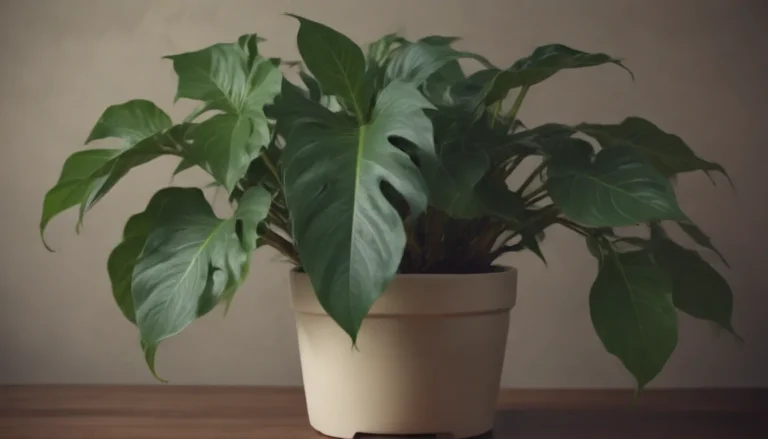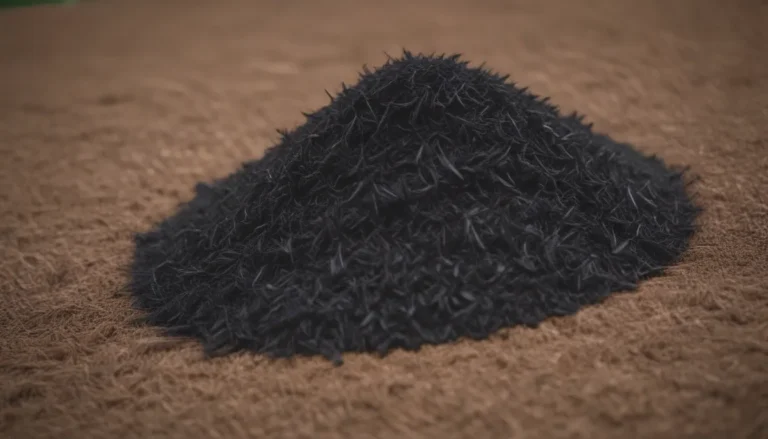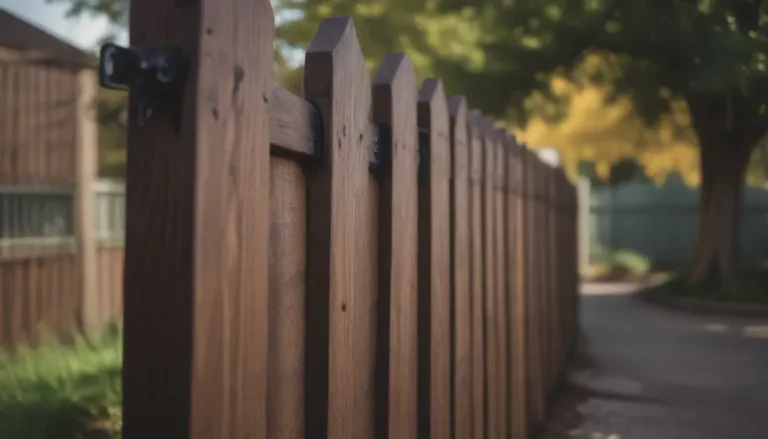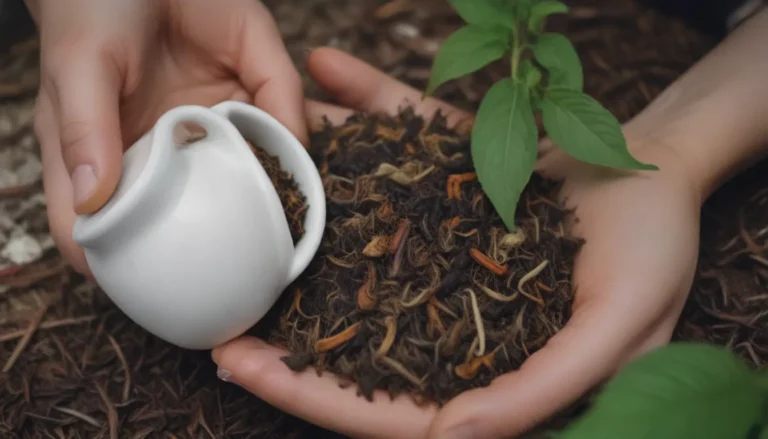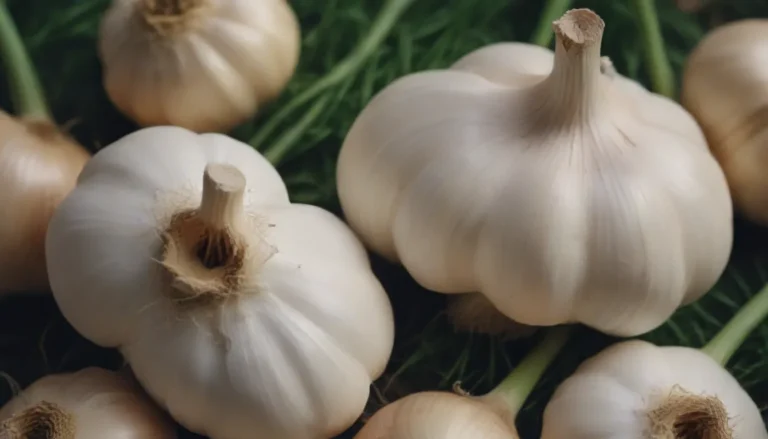The Truth About Using Sugar Water for Plants: What You Need to Know
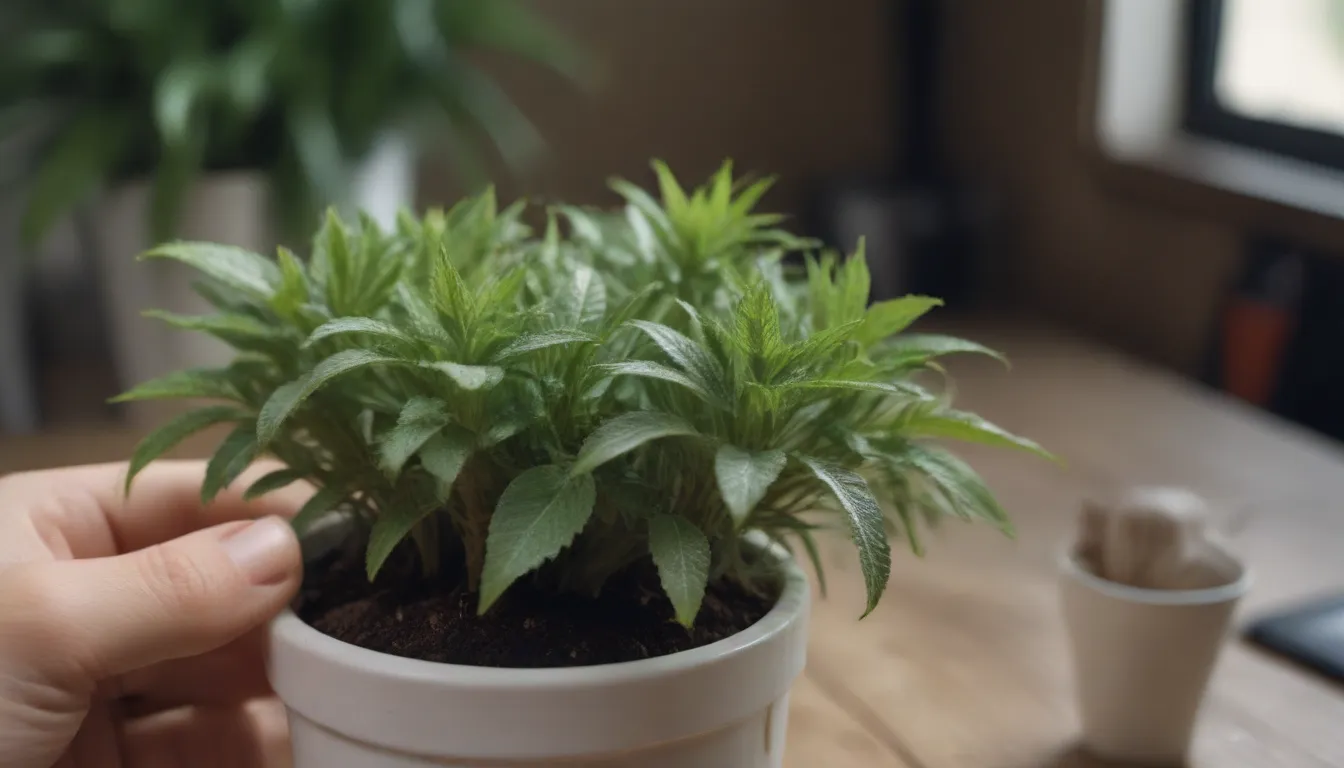
If you’re a plant enthusiast or someone who loves gardening, you may have come across the idea of using sugar water to feed your plants. This popular gardening hack is often touted as a way to boost photosynthesis and help plants overcome transplant shock. But is there any truth to these claims, or is using sugar water actually harmful to your plants?
In this comprehensive guide, we’ll delve into the science behind sugar water and its effects on plants. We’ll explore the potential benefits and pitfalls of using sugar water as a plant food, and provide you with alternative methods to ensure your plants thrive. So sit back, grab a cup of tea, and let’s dig into the world of sugar water for plants.
What Is Sugar Water?
Sugar water is a simple concoction of tap water and sugar that is used as a form of plant food. Typically, sugar is added to hot or boiling water to ensure it dissolves easily. The exact ratio of sugar to water can vary depending on the specific formula used.
The Idea Behind Using Sugar Water for Plants
The concept behind using sugar water as a plant food stems from the notion that plants can benefit from the additional carbohydrates provided by sugar. During the process of photosynthesis, plants utilize energy, water, and carbon dioxide to produce sugars and starches. By supplementing a plant’s diet with sugar water, some believe that it can lead to increased plant growth.
However, there are several reasons why using sugar water for plants may not be as beneficial as it seems.
How Sugar Water Can Harm Plants
Contrary to popular belief, plants do not have a digestive system like humans that can metabolize sugar. While plants naturally produce their own sugars in the form of glucose, the sugar we consume is more complex and not easily absorbed by plant roots. In fact, giving plants sugar dissolved in water can actually block their roots from absorbing water, leading to wilting and potential plant death.
Plants have a natural ability to self-regulate the amount of sugar they produce to support their growth. Introducing additional sugar through sugar water offers no benefit to this process and can create an imbalance that attracts harmful microorganisms to the soil, negatively impacting plant health.
There is no scientific evidence to support the idea that feeding plants sugar water is conducive to their overall health. In fact, it may do more harm than good in the long run.
Using Sugar Water for Transplant Shock: A Common Misconception
One common misconception about using sugar water for plants is its efficacy in treating transplant shock. When plants experience transplant shock, they may appear wilted or stressed due to factors such as sunburn or root damage. Contrary to popular belief, sugar water does not aid in the recovery of plants experiencing transplant shock and can potentially exacerbate the issue.
In cases of transplant shock, it is essential to provide plants with time to recover, ample water, and protection from harsh sunlight. With proper care and attention, most plants will rebound on their own without the need for sugar water intervention.
The Exception: Sugar Water for Cut Flowers
While sugar water may not be beneficial for potted plants or garden flowers, it can be a helpful tool for prolonging the life of cut flowers. Florists often provide a small sachet of sugar-based plant food to be added to vases of cut flowers, as the stems of cut flowers can absorb the sugar and revive their carbohydrates.
The presence of sugar in the water sends a false signal to the flowers, prompting them to continue blooming as if they were still connected to the plant. While this effect is temporary, it can help extend the lifespan of cut flowers before they eventually wilt.
So, if you’re looking to preserve the beauty of your cut flowers, sugar water may be a suitable solution.
What to Feed Your Plants Instead of Sugar Water
When it comes to providing your plants with the nutrients they need, there are alternative options to sugar water that are more effective and beneficial. Here are some tips on what to feed your plants to promote healthy growth:
- Ensure your plants receive an adequate amount of sunlight and water to support photosynthesis.
- Use the right fertilizer for your plants, such as an all-purpose fertilizer, nitrogen-rich fertilizer for leaf growth, or phosphorus-rich fertilizer for blooming.
- Follow the instructions on the fertilizer packaging to avoid overfeeding your plants, as excessive nutrients can be detrimental to their health.
By following these guidelines and providing your plants with proper care, you can help them thrive without the need for sugar water.
Enhancing Plant Health with Natural Solutions
While there have been studies on using sugar-water solutions to attract beneficial insects to plants, such as lacewings and lady beetles, as artificial honeydew, it is important to consider more sustainable methods for promoting biodiversity in your garden.
As a home gardener, you can enhance biodiversity by planting native species that naturally attract beneficial insects and pollinators. By allowing these plants to produce their own sugar through photosynthesis, you can create a harmonious ecosystem that supports the health and vitality of your garden.
Ultimately, using sugar water as a plant food may not be the best approach for promoting plant health and growth. By focusing on natural solutions, proper care, and providing plants with the nutrients they need, you can help your garden flourish without the need for sugar water intervention.
So, the next time you think about reaching for that bottle of sugar water, consider the long-term effects it may have on your plants and opt for more sustainable alternatives instead.
In conclusion, while the idea of using sugar water for plants may sound appealing, the science suggests that it may not be as beneficial as it seems. By understanding the relationship between plants and sugar, and implementing natural solutions for plant growth, you can create a thriving garden that will bring joy and beauty for years to come.
Remember, when it comes to caring for your plants, a little love, attention, and the right nutrients can go a long way. So put down the sugar water and let your plants flourish naturally!
